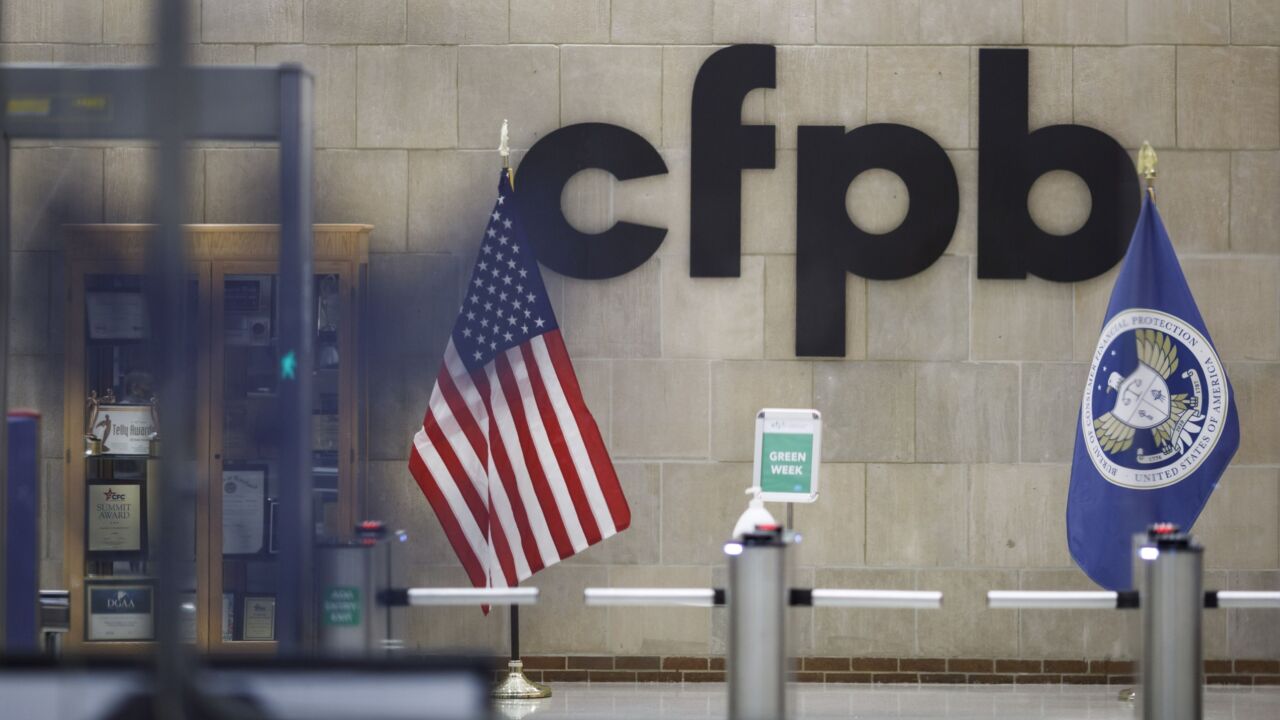
Editor's Note: This is part three of a four-part series on the mortgage industry's response to the housing inventory shortage. Read
New compliance challenges and competition make real estate alliances harder to secure. But they're essential for lenders to maximize market share.
By promoting
The median time for a property to go from listing to contract was

Speed counts and it makes a difference to a seller evaluating competing bids if an in-house mortgage company can get a buyer's loan approved in 30 days rather than 60 days, said Duffy Hanna, president of Howard Hanna Financial.
Parent company Hanna Holdings Inc., which owns a real estate brokerage, recently purchased a New York mortgage banker, 1st Priority Mortgage. The acquisition joins two other companies, both named Howard Hanna Mortgage Services, one that lends in Pennsylvania and the other in Ohio and Michigan.
"The whole company operates under the 'one team, one dream' philosophy. It is a more efficient, better way to do business for the consumer to have these services offered in-house under one roof," Hanna said.
Shelter Mortgage, a subsidiary of New Penn Financial, has created a "consortium joint venture," Partners United Financial. Shelter holds 50.1% of the equity and its partners, which could be real estate companies or homebuilders, hold the rest as a group.
Right now, there are two real estate companies in the consortium, HER Realtors of Columbus, Ohio, and Dilbeck Real Estate of Pasadena, Calif., with others in negotiations, said Corey Caster, CEO of Shelter Mortgage.
"You can't force [agents] to use your in-house mortgage services. And no amount of pleading will suffice."
— Steve Murray, President, Real Trends
With Partners United, which has its own Nationwide Multistate Licensing System number, there is an opportunity to join an already existing business and buy into ownership, rather than trying to start one from scratch, he said.
"There are absolutely folks that want to go through and start their own joint venture and not be a part of a consortium because they want one partner. It just comes down to chemistry, connecting," Caster said.
But having an in-house lender doesn't mean the real estate agents
For Howard Hanna's real estate agents to recommend its mortgage affiliate, "ultimately, we have to have the best services and the best products and competitive pricing. If we don't do those things, we don't deserve their business," Hanna said. Agents are "fiercely independent and if we're not offering that service to them, then they won't deliver."





